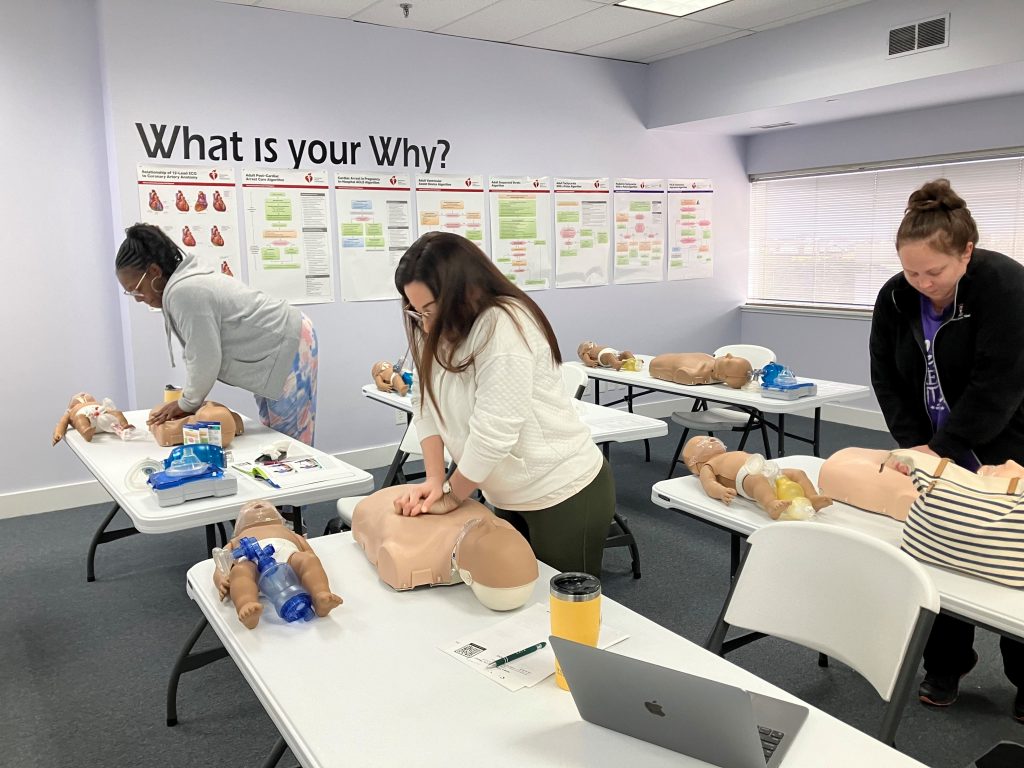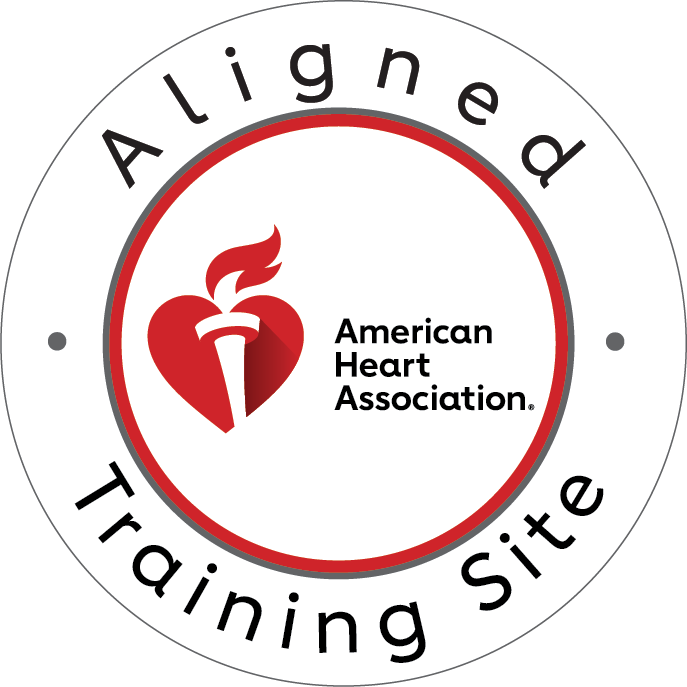Introduction
Cardiopulmonary resuscitation (CPR) is a critical lifesaving skill that can make the difference between life and death in emergencies. Whether you’re a healthcare professional, a teacher, a coach, or simply a concerned citizen, being certified in CPR equips you with the knowledge and confidence to act swiftly and effectively when someone experiences cardiac arrest. However, obtaining your CPR certification is just the first step; maintaining and renewing it is equally crucial. This article will provide guidelines on how frequently you should renew your CPR certification, ensuring you remain prepared and compliant with current standards.
Importance of Renewing CPR Certification
Regular renewal of CPR certification is essential for several reasons. First and foremost, it ensures that your skills and knowledge are up-to-date. CPR techniques and guidelines evolve as medical research and technology advance. For instance, the American Heart Association (AHA) periodically updates its guidelines based on the latest scientific evidence. By renewing your certification, you stay informed about the most effective practices and procedures.
Compliance with legal and professional requirements is another critical reason to renew your CPR certification. Many professions, especially those in healthcare, require current CPR certification as part of their licensing and employment standards. Failure to renew your certification can result in non-compliance, potentially affecting your job status and professional credibility.
Furthermore, regular CPR renewal enhances your confidence and readiness in emergencies. Even if you don’t use your CPR skills frequently, refreshing your training helps ensure that you can perform effectively when needed. Practice and repetition are key to maintaining muscle memory and reaction times, which are crucial during high-stress scenarios like cardiac arrests.
Keeping your certification current also allows you to keep pace with updates in CPR guidelines and techniques. Medical organizations continually research and refine the best methods for performing CPR, aiming to increase survival rates and improve outcomes for cardiac arrest victims. By staying certified, you contribute to these efforts and ensure that you are using the most effective lifesaving techniques available.
General Guidelines for CPR Certification Renewal
The frequency of CPR certification renewal varies depending on the guidelines set by certifying bodies such as the American Heart Association (AHA) and the American Red Cross. Generally, both organizations recommend renewing CPR certification every two years. This standard timeframe ensures that individuals stay proficient in their skills and knowledgeable about any changes in CPR protocols.
The AHA, which is a leading authority in cardiovascular care and resuscitation science, emphasizes the importance of biennial renewal to maintain competency and ensure high-quality CPR performance. Similarly, the American Red Cross suggests a two-year renewal period, aligning with the AHA’s guidelines to promote consistent training and readiness among certified individuals.
Factors Influencing Renewal Frequency
While the general guideline is to renew CPR certification every two years, certain factors might necessitate more frequent renewal. These factors include:
- Professional Requirements: Some professions may have stricter renewal timelines. For example, healthcare providers, emergency medical personnel, and lifeguards often have higher standards for maintaining certification due to the nature of their work. Employers in these fields may require annual renewals to ensure that their staff remains highly skilled and ready to respond to emergencies.
- Employer or Organizational Policies: Different organizations and workplaces might have their policies regarding CPR certification renewal. It’s important to check with your employer or professional association to understand any specific requirements that might apply to your role.
- Personal Commitment: Individuals who want to ensure they are always prepared to act in an emergency might choose to renew their certification more frequently. Regular refreshers can help reinforce skills and build confidence, especially for those who may not use their CPR training regularly.
Special Considerations
In addition to the general and professional guidelines, there are special considerations that might influence how often you should renew your CPR certification:
- High-Risk Professions: If you work in a high-risk profession where the likelihood of encountering cardiac emergencies is greater, more frequent renewal might be beneficial. Professions such as emergency responders, healthcare workers, and caregivers for the elderly often face higher risks and may benefit from additional training sessions.
- Advancements in CPR Techniques: Medical research and technological advancements continually improve CPR techniques. Staying abreast of these changes through regular renewal ensures you are using the most up-to-date and effective methods.
- Hands-On Practice: CPR is a hands-on skill that benefits from regular practice. Renewal courses provide an opportunity to practice and refine techniques, which is crucial for maintaining proficiency.
By considering these factors and staying proactive about your certification status, you can ensure that you are always prepared to provide high-quality CPR in an emergency.
Process of Renewing CPR Certification
Renewing your CPR certification involves several steps to ensure that your skills remain sharp and up-to-date. Here’s a comprehensive guide to the renewal process:
Identify Renewal Requirements:
Check the specific renewal requirements of your certifying organization, such as the American Heart Association (AHA) or the American Red Cross. These organizations typically require renewal every two years, but it’s important to verify any additional requirements specific to your profession or employer.
Choose a Renewal Course:
Decide between in-person and online renewal courses. In-person courses offer hands-on practice with an instructor, which can be beneficial for reinforcing skills. Online courses provide flexibility and convenience, often including a virtual instructor-led component.
Register for the Course:
Find a certified training center that offers CPR renewal courses. Many organizations, including local hospitals, community centers, and training companies, provide these courses. Make sure the course you select is accredited by a recognized certifying body like the AHA or the Red Cross.
Prepare for the Course:
Review the CPR techniques and guidelines before attending the course. Many training centers provide study materials or online resources to help you prepare. Familiarizing yourself with the basics can help you feel more confident during the practical assessments.
Attend the Renewal Course:
Participate actively in the course, whether in-person or online. Engage in the practical skills sessions, ask questions, and take advantage of the opportunity to practice with feedback from the instructor.
Complete the Renewal Exam:
Most renewal courses include a written exam and a practical skills assessment. The written exam tests your knowledge of CPR procedures and guidelines, while the practical assessment evaluates your ability to perform CPR correctly. Ensure you pass both components to successfully renew your certification.
Receive Your New Certification:
Upon successful completion of the course and exams, you will receive a new CPR certification card. This card will typically be valid for another two years, at which point you will need to renew again.
Keep Your Certification Current:
Mark your calendar with the expiration date of your new certification and plan for your next renewal. Staying proactive about your certification status ensures that you remain prepared and compliant with professional standards.
Benefits of Regular CPR Certification Renewal
Renewing your CPR certification regularly provides numerous benefits that extend beyond compliance with professional requirements:
- Increased Confidence and Competence: Regular renewal reinforces your CPR skills, ensuring that you feel confident and capable in an emergency. This confidence can make a significant difference in your ability to perform CPR effectively under stress.
- Improved Outcomes for Cardiac Arrest Victims: Staying current with CPR guidelines and techniques means you are using the most effective methods to help cardiac arrest victims. This can lead to better survival rates and improved recovery outcomes.
- Professional Growth and Career Advancement: For those in healthcare and other professions requiring CPR certification, maintaining up-to-date credentials can open doors to career advancement and new opportunities. It demonstrates your commitment to professional development and excellence in your field.
Conclusion
Renewing your CPR certification is a crucial step in ensuring that you remain prepared to respond to cardiac emergencies effectively. By adhering to the recommended renewal guidelines and considering factors such as professional requirements and personal commitment, you can maintain your proficiency and confidence in performing CPR. Regular renewal not only benefits you as an individual but also contributes to the overall safety and well-being of your community.
For those in Nashville, there’s no better place to renew your certification than CPR Nashville. As an American Heart Association training site, CPR Nashville offers initial certifications and renewals in BLS for Healthcare Providers, ACLS, PALS, and CPR and First Aid courses. All classes are stress-free and hands-on, ensuring you receive the best possible training experience.
Call to Action
Check the status of your current CPR certification today and schedule your renewal course if necessary. Staying proactive about your certification not only ensures your readiness in an emergency but also sets an example for others to follow. Enroll in a CPR renewal in Nashville at CPR Nashville, where you can receive the best CPR training with stress-free and hands-on classes. Share this article with colleagues and friends to spread the importance of regular CPR certification renewal and contribute to a safer, more prepared community.





